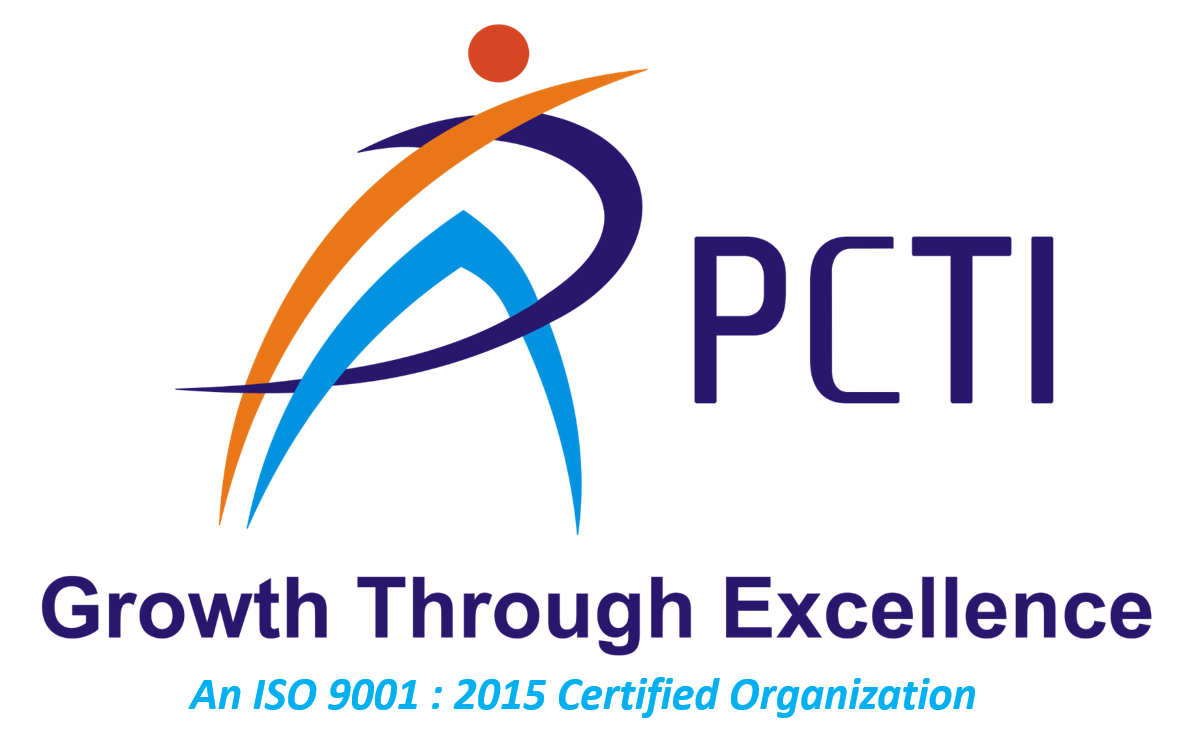The role of a agile mentor
The role of a mentor in the life of a mentee is to give him realistic and unbiased advice to help him become successful. Irrespective of the industry, mentorship helps you through the highs and lows of your career.
What is the significant part of having a mentor? Well, most likely they have been through a similar experience and can give you another point of view to consider. A great mentor helps you to get out of your comfort zone, and that is where the real growth occurs, personally and professionally. As the adage goes, “If it doesn’t challenge you, it doesn’t change you.”
So, why you need a mentor? A mentor is a person who has the knowledge or experience you seek. He can help in your current role or advice you with future opportunities. It could be anyone whom you admire for the job they are doing or the way they balance their life or the position they hold.
role of mentor
- Adviser / Counsellor
- Role Model
- Coach
- Problem Solver
- Teacher
- Supporter
- Guide A mentor is also a guide for his or her mentee. They introduce you to power groups and contacts that can help you grow.
The role requires them to encourage self-development in mentee by helping them to think about and reflect on their practice. Here, a mentor also offers advice and support to the mentee about developing their social contacts, their career and building networks. As a mentor, a person should assess and consider the mentee’s capabilities and limitations.
A mentor plays the role of a role model in mentee’s life. He or she provides them with a visible image for imitation, demonstrating qualities and skills to emulate. The role of a positive model is highly significant and cannot be overestimated.
A mentor is also a coach, and they not only provide their mentee with constructive feedback to help them improve but also promote a flexible approach to accepting feedback.
Helping the mentee in critically analyzing and solving problems, a mentor also helps in developing the abilities like critical thinking, decision making and problem-solving skills.
While playing the role of a teacher, they share their experience and knowledge with the mentee. A mentor identifies the mentee’s individual needs and style, and accordingly provides an encouraging learning environment to maximize learning,
Being a supporter, a mentor offers his or her mentee with professional and moral support, as and when required. That enables the mentee to develop professionally and personally.
qualities of successful mentor
The effective implementation of mentorship is challenging. To be a successful mentor one should be able to and willing to –
- Value the mentee as a person
- Maintain confidentiality
- Focus on the mentee’s development and resist the urge to produce a clone
- Develop mutual trust and respect
- Listen to what is being said
- Observe how it is being said
- Rather than giving directions, help the mentee solve his/her problem(s)
As a person, no matter where you are in your personal life or your career, the GUIDANCE OF A MENTOR IS PRICELESS.
leadership in the real world
Beyond the classroom and lab, mentors assist students in career and life choices. Transitional times are most difficult for individuals who don’t have a clear understanding of the environment or situation they’re transitioning to.
four key ways to help the students
Goal-Setting: Mentors assist college students in determining their career aspirations, and work with students to achieve them.
Networking: Because mentors are often well-known and respected in their field and community, they can connect students with other professionals, internships and jobs.
Broadening the Scope of Knowledge: Along with introducing students to professionals and opportunities in their chosen field, mentors acquaint students with new resources and organizations.
Job-Seeking an Interview Skills, and Job Retention: Mentors are able to demystify the often overwhelming job-seeking an interview processes, and offer first-hand advice on how future graduates can stand out to potential employers. In addition, mentors advise students on maintaining career longevity.
Perhaps the most valuable aspect of mentorship is that each partnership is unique based on a student’s individual circumstances, chosen field of study and career goals.
College mentors can have a life-changing effect on a student’s career by empowering them with the guidance, confidence and skills necessary to succeed. So, when high school students are in their college search process, they would be wise to ask detailed questions about the mentoring program on each campus.
Eight Ideas to Help You Succeed With a Mentor
Understanding the role of the mentor makes a critical starting point for success in this relationship. Additional requirements include:
- Investing your time in seeking out a mentor with whom you feel a natural fit.
- Sharing your goals and fears openly.
- Not expecting the mentor to solve your short-term problems or do the work for you.
- Not expecting specific advice.
- Sharing where you are struggling or failing.
- Listening carefully and then researching and applying the mentor's guidance.
- Showing that you value the mentor's support.
- Not abusing the relationship by expecting political support in the organization.
The Bottom Line
A mentor can make a real difference in your career and life. Come to the relationship with realistic expectations about the role and a willingness to work hard. The impact of a mentor's guidance and wisdom now may not be felt for some years to come, but you will realize its positive impact over time and go on to become a mentor to others.

